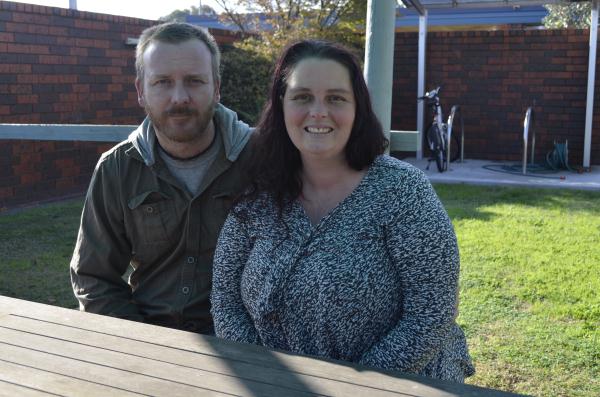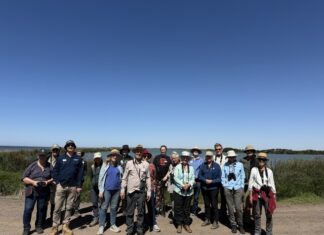By JOHN VAN KLAVEREN
GEELONG mum of six Misty Wells is pretty blunt these days.
“I tell my family and friends directly to stop procrastinating and go and have a Pap test,” Ms Wells said.
“I tell them exactly what happened to me and tell them straight out to stop being so complacent.”
She knows exactly what she’s talking about.
Ms Wells said her final 12-week chemotherapy round was “knocking me around a bit”.
“A Pap test only takes two minutes. That’s nothing compared to what I’ve been through.
“There was always something else that I had to do, like picking the kids up from school or taking them to footy training, and, to be honest, there was always something else I’d rather be doing than having a Pap test.”
The 37-year-old said she finally made an appointment with her GP after experiencing abnormal bleeding in December.
Her first Pap test in seven years returned a shocking result, showing cell changes indicating cancer.
“I was referred to a gynaecologist, then I was sent to the Geelong Hospital, then to the Royal Women’s Hospital in Melbourne and then to Peter Mac. The news just kept getting worse.
“I was told that the cancer was too big to operate, so I’ve had six weeks of radiation, five weeks of chemo, then four weeks of another type of internal radiation called brachytherapy.”
In hindsight, Ms Wells wished she had sought a Pap test sooner.
“It’s been such a shock because I’m still young. At this age cancer was always something that happens to someone who knows someone – it was never this close to home.
“I’m silly for leaving it so long. But if nothing else, I’m glad my experience has made other women go and have the test when they were due.”
Ms Wells is supporting a $65,000 cervical cancer prevention initiative in Geelong’s northern suburbs to increase the number of women undergoing screening and secondary school students receiving the HPV vaccine.
PapScreen Victoria, Cancer Council Victoria and local health services are coordinating the project aimed at improving access to cervical screening.









